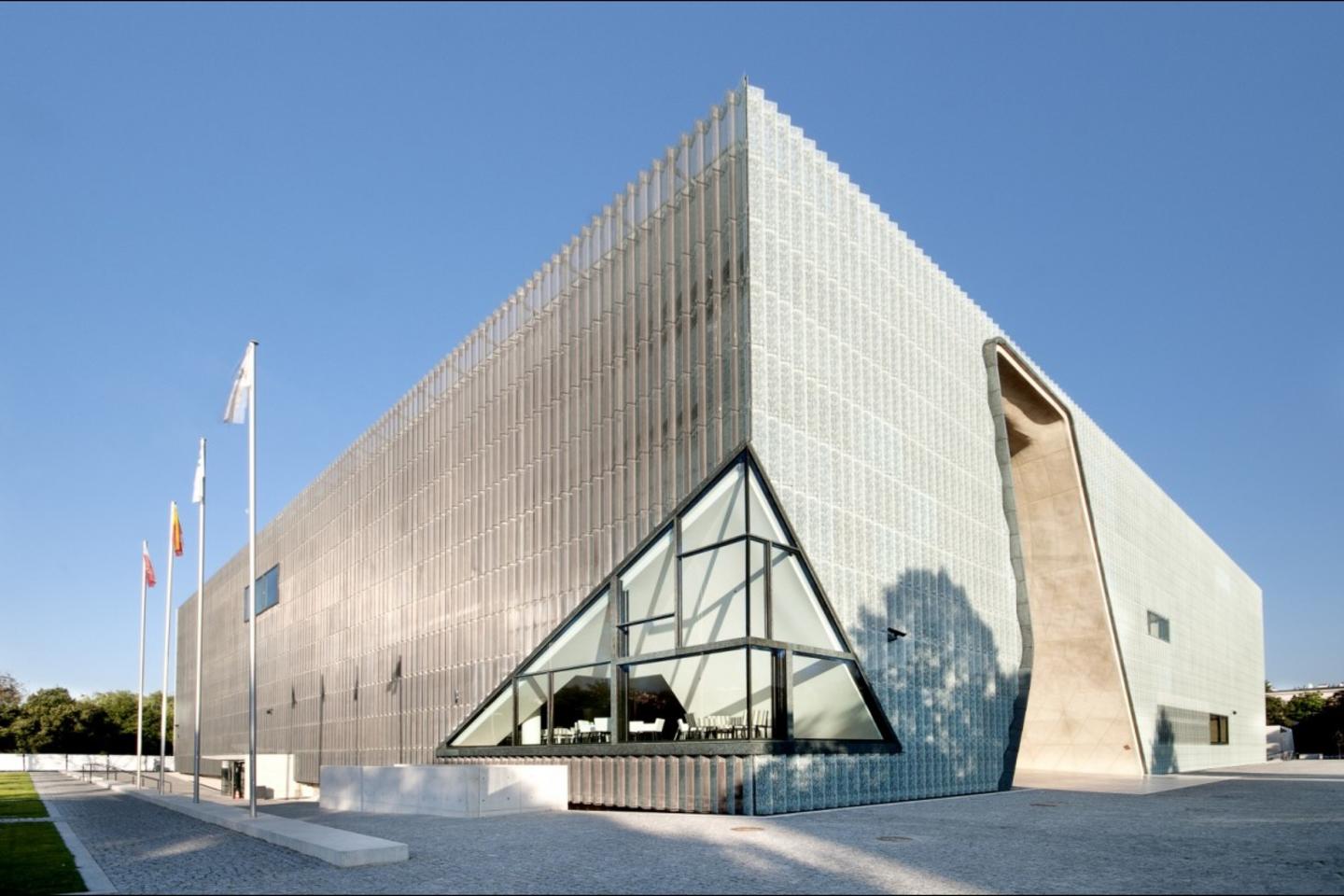POLIN Museum of the History of Polish Jews in Warsaw, the European Wergeland Centre in Norway and the Council of Europe have combined forces to offer a platform for exchange of knowledge, reflection and best practice through lectures, panel discussions, films and workshops on interculturalism in historical education.
“More than ever before, we need to discuss how best we can combat racism, anti-Semitism, hate speech and radicalisation in Europe”, said State Secretary at the Ministry of Culture in Norway, Bjørgulv Vinje Borgundvaag, speaking at the conference.
The conference ‘Interculturalism in Historical Education’ taking place in Warsaw 20-22 April is timely: recently during an informal meeting of the EU Education Ministers, the ministers re-affirmed the need to promote citizenship and the common values of freedom, tolerance and non-discrimination through education. Iceland, Liechtenstein and Norway agree that we need to stand firmly shoulder to shoulder to uphold our common values. Education plays a crucial role in reinforcing mutual understanding between Europeans as it can draw greater attention to core European values and rights, to the need to safeguard these and it is a bridge to pass them on to future generations.
Iceland, Liechtenstein and Norway are supporting this conference through the EEA and Norway Grants because they are convinced that now more than ever we need to look at various ways of tackling intolerance, racism, anti-Semitism, hate speech and radicalisation. One of the ways is through more balanced and targeted intercultural education.
Educators play a pivotal role in making children and young people more aware of the value of our cultural diversity and are instrumental in shedding light on our common European history.
This conference offers the opportunity to look more closely at what works well, what is exemplary and at what could be reinforced. The knowledge exchange during this conference is expected to have spin-off effects in the empowerment of educators and thus also in education practices across Europe. This is important, as education does not only help develop our knowledge, skills and attitudes, but it also stimulates a more open and active attitude towards society. Social inclusion and participation are fundamental in upholding our core European values and revitalising the democratic principles on which Europe thrives.
More on the conference can be found here.
The conference is organised under the framework of the 'Jewish Cultural Heritage' project financed by the Grants.
Read our brochure Reviving Jewish cultural heritage in Europe and combating anti-Semitism (PDF)
